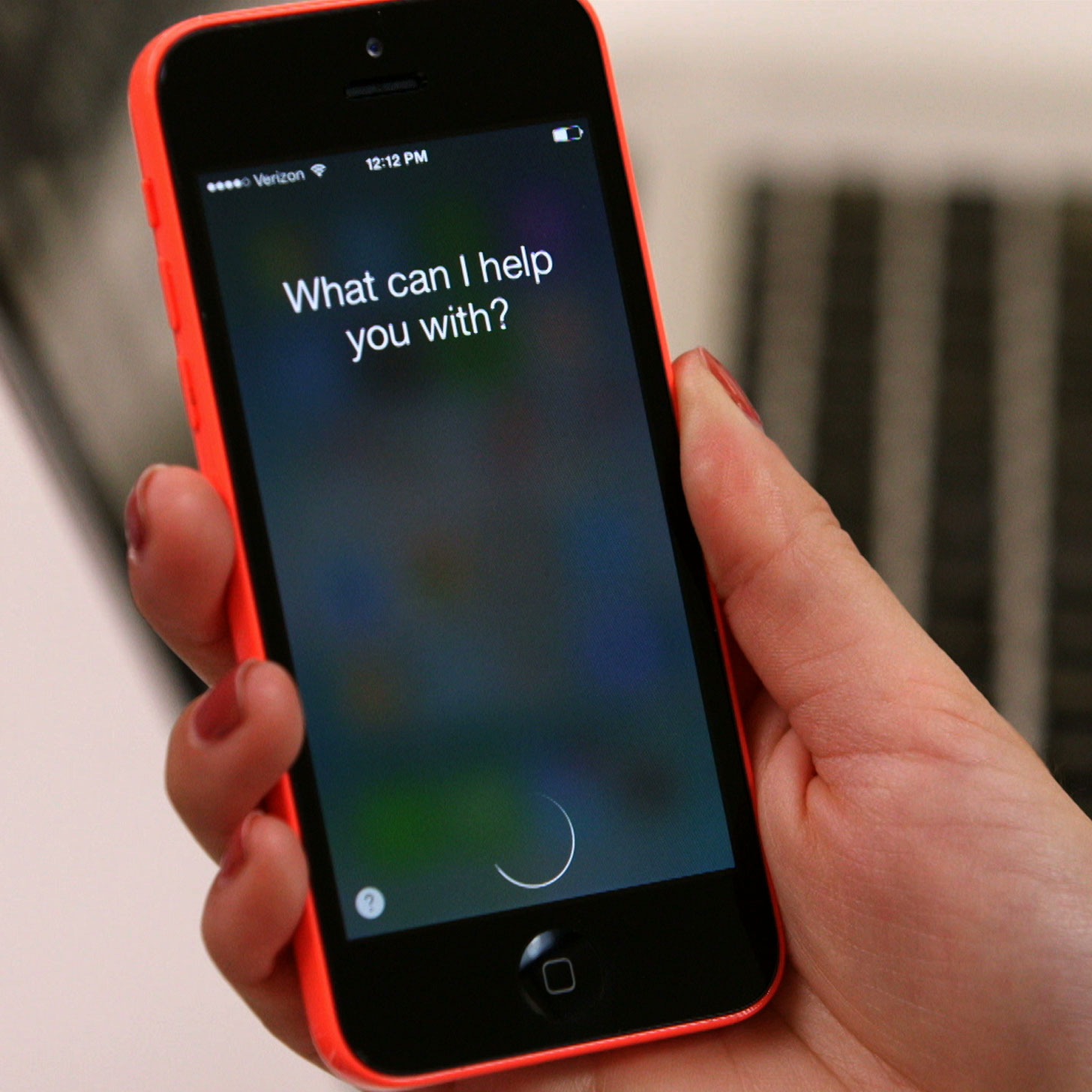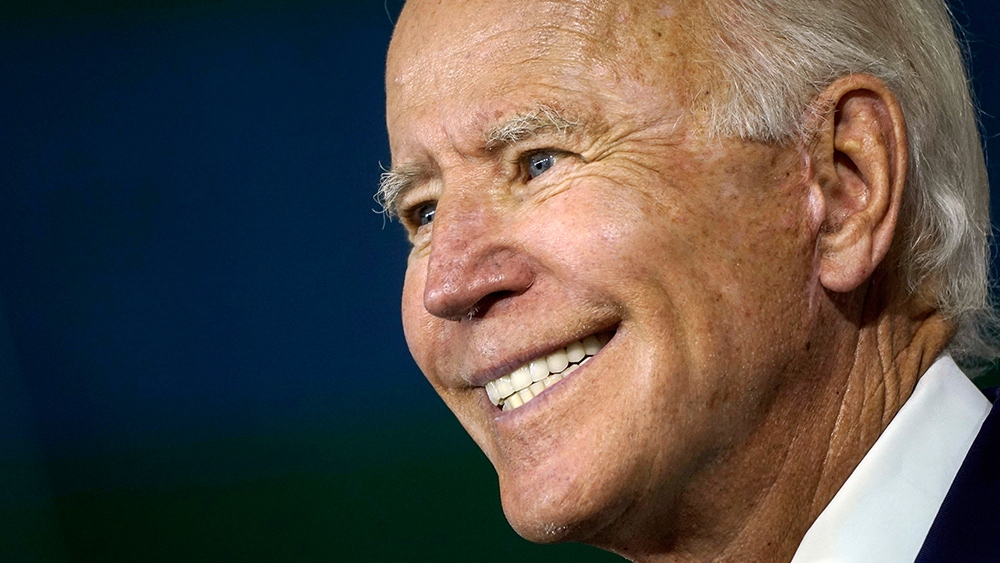Elon Musk changes course, now says he plans to go through with Twitter purchase
10/04/2022 / By JD Heyes

Billionaire Tesla and SpaceX founder and CEO Elon Musk has reversed course and has agreed to go through with his purchase of social media giant Twitter, providing hope to tens of millions of non-woke, non-left-wing Americans who would love to be able to use it without being censored.
Musk said he would adhere to his original offer of $54.20 a share, according to CNBC.
“Twitter shares jumped as much as 15% on Tuesday after Bloomberg first reported on the Tesla CEO’s plans to go forth with his deal to acquire the company. The stock was halted after the report,” the outlet noted before adding:
A few weeks after Musk agreed to the deal earlier this year, valuing Twitter at $44 billion, he quickly tried to back out, officially informing the company in July of his intentions to terminate the agreement. Twitter sued Musk to force him to go through with the purchase. The two sides were scheduled to go to trial in Delaware Chancery Court on Oct. 17.
Musk alleged that Twitter was misstating the number of “bots” on its service as one of the reasons he was reneging on the deal. He and his lawyers claimed that the social media company was misleading investors by providing false numbers in corporate filings with the Securities and Exchange Commission.
Twitter officials countered that the billionaire’s fraud assertions were false and based on a misunderstanding of how the company identifies real accounts and tallies up bot and fake accounts on the platform. In contrast, Musk said that Twitter did not provide him with the real bot and spam account data.
Also, Musk’s claims were buoyed by the recent findings of leading cyber security specialist Dan Woods, who formerly worked for the FBI and CIA, that as many as 80 percent of Twitter accounts are bots, The Australian reported.
“Sure sounds higher than 5%!” Musk wrote on Twitter last month in response to the analyst’s discovery.
Sure sounds higher than 5%!
https://t.co/Va7TxxzoI6— Elon Musk (@elonmusk) September 1, 2022
“More than 80 percent of Twitter accounts are likely bots, according to former CIA and FBI cyber security specialist Dan Woods, who created a fake profile and quickly gained more than 100,000 fake followers in one weekend by purchasing them on the dark web,” the outlet reported.
“Mr Woods, who studies bot traffic as part of his current role with global cyber security provider F5, told The Australian that Twitter’s bot traffic was almost certainly far greater than it has expressed publicly and greater than it believes internally,” the outlet continued.
“I’m not a programmer, but I watched YouTube, and in a weekend I wrote a script that automatically creates accounts on Twitter without encountering any obstacles,” he told the outlet.
“There’s huge demand (for bots), there’s a marketplace to serve that demand, and if I can write a bot that creates accounts on Twitter, and I’m not even a programmer, imagine what a sophisticated programmer could do,” he continued.
“Twitter doesn’t want (its number of bots) to be that high, so they’re going through the motions of canceling some accounts,” Woods added.
“I’m not saying they’re lying, but we’ve really studied these accounts and we’ve come to the conclusion that there are a lot more fake accounts than Twitter is letting on,” he noted further.
He’s not the only one who has made allegations that Twitter is replete with bots.
In August, “Peiter ‘Mudge’ Zatko, Twitter’s former head of security who was personally hired by Twitter founder and then-CEO Jack Dorsey, said in an explosive interview that current management has not been upfront and honest with Musk regarding the number of fake, bot, and spam accounts on the platform,” Conservative Brief reported.
Now, however, it doesn’t seem to matter to Musk. Let’s hope he can clean that troubled platform up.
Sources include:
Submit a correction >>
Tagged Under:
Big Tech, bots, computing, conspiracy, corruption, deception, Elon Musk, fake accounts, Glitch, information technology, rigged, Social media, tech giants, technocrats, Twitter, Twitter purchase
This article may contain statements that reflect the opinion of the author
RECENT NEWS & ARTICLES
COPYRIGHT © 2017 COMPUTING NEWS


















